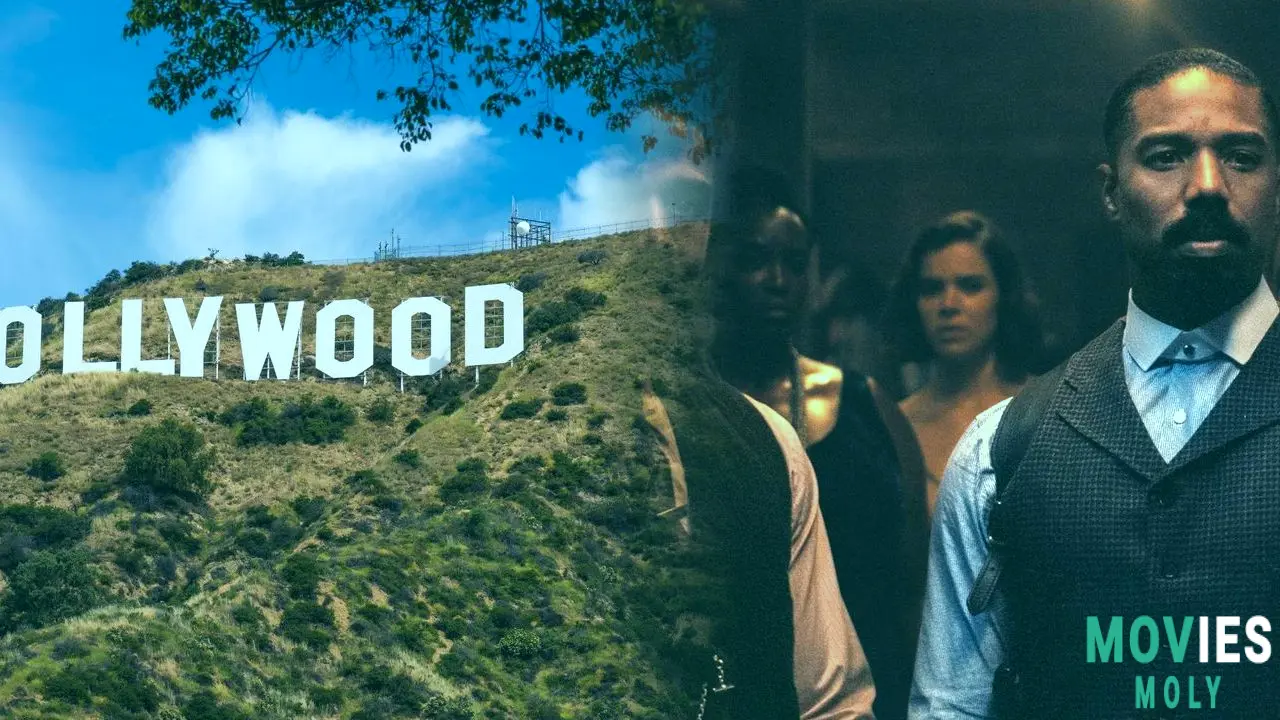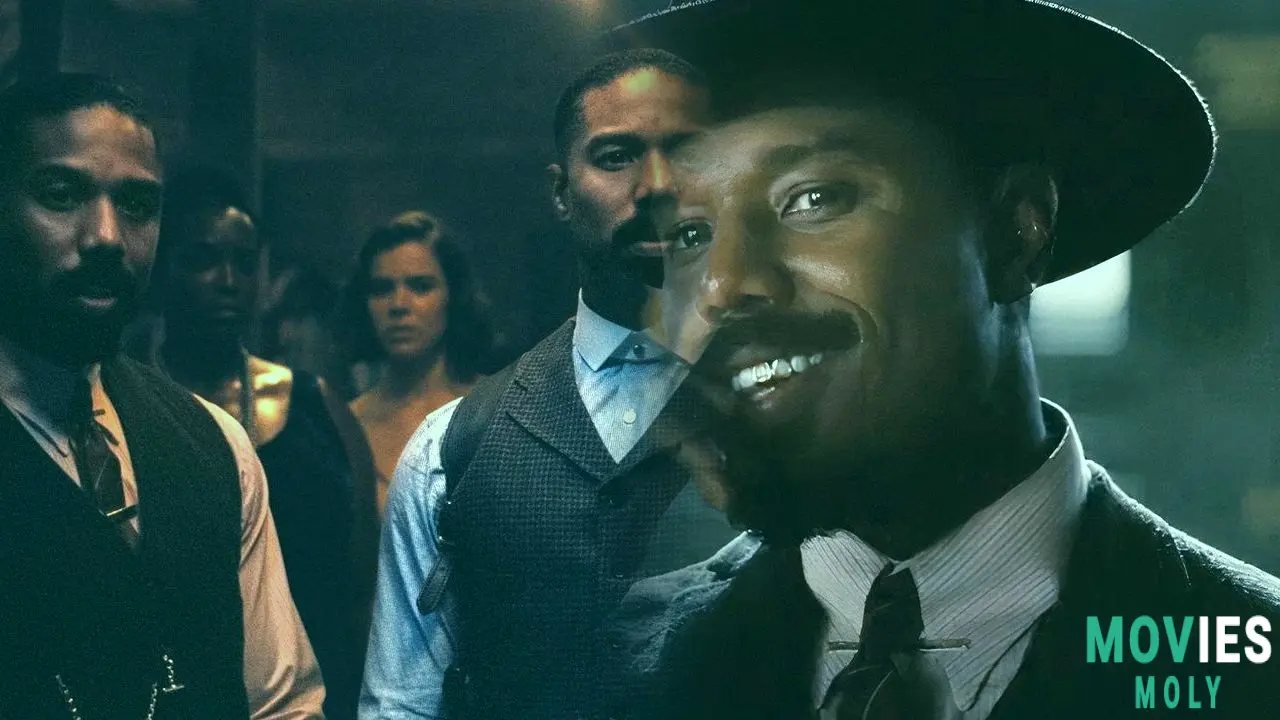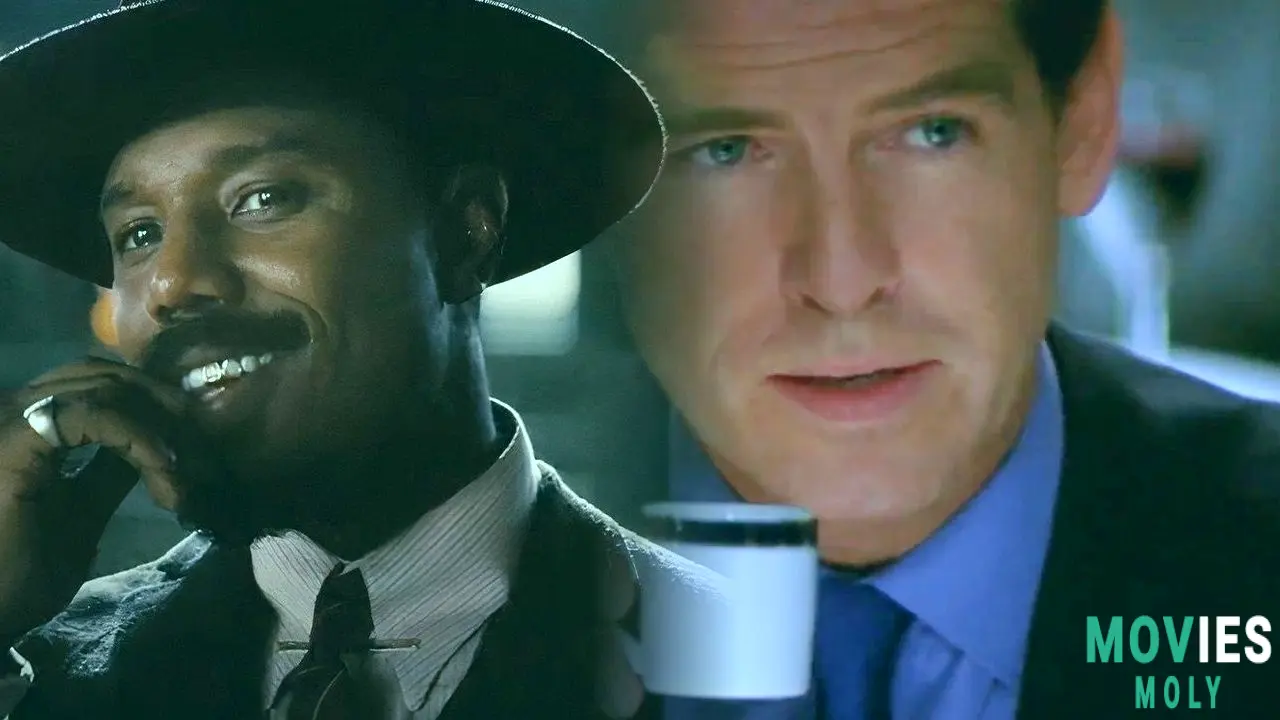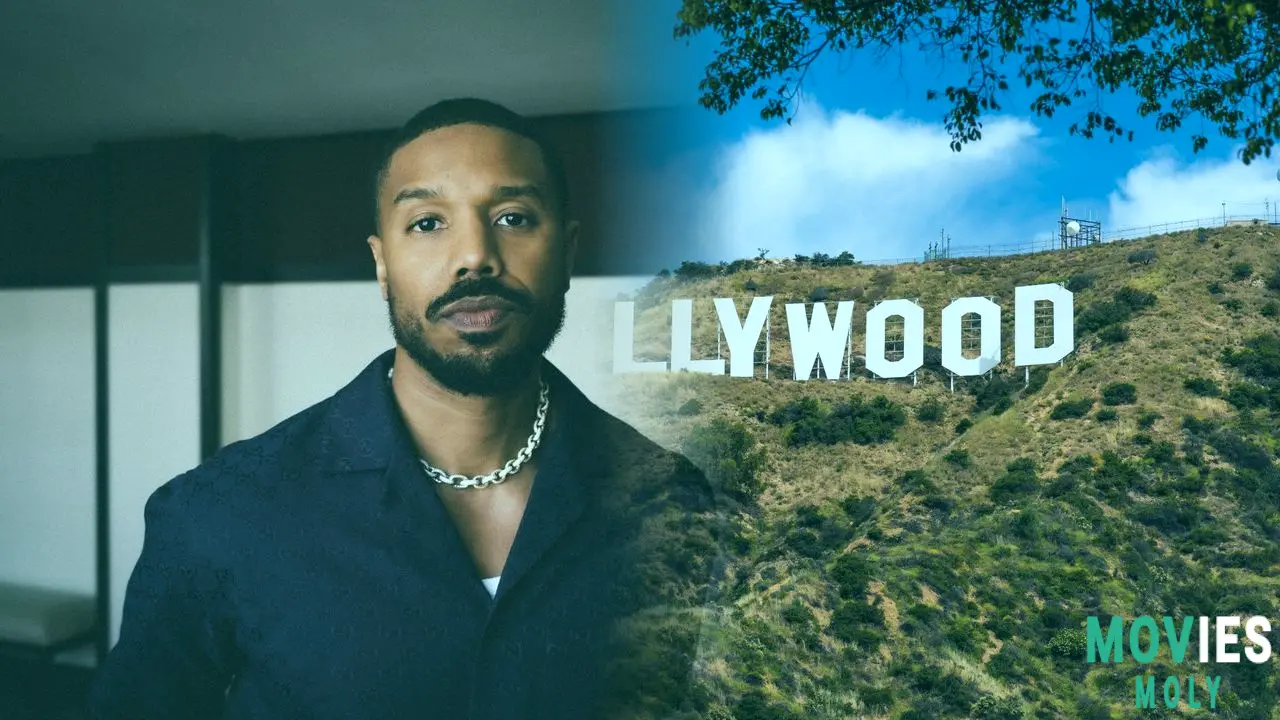If Michael Jordan’s career were a cinematic universe, it would rival Marvel’s Avengers in cultural impact, character evolution, and sheer fan devotion. Just like how Ryan Coogler’s Sinners is reshaping what genre cinema can do for theaters, MJ redefined what an athlete could mean to a sport, a brand, and a generation. More than three decades after his final championship, Jordan’s mythology continues to grow—not through new comics or sequels, but through the eternal replay of highlights, stories, and the unbreakable aura of greatness he left behind.
The cultural resonance of Michael Jordan goes beyond championships and statsJordan’s six NBA titles, five MVP awards, and 14 All-Star appearances are the kind of box office numbers that would make any studio exec salivate. But like Coogler’s Sinners, which isn’t just a horror film but a genre-smashing experience, Jordan’s influence can’t be boxed into just stats. He’s the cinematic hero of the sports world—an anti-hero in his early career with a relentless hunger, a triumphant protagonist through the ‘90s Bulls dynasty, and a legacy-defining auteur who came back twice to save the NBA’s relevance.
He isn’t just a player; he’s a brand, a storyteller, and a symbol. Just as Sinners gave theaters a reason to exist again, Jordan gave Nike—and by extension, the entire athletic wear industry—a character to build a universe around. The Air Jordan line didn’t just sell shoes; it gave kids a way to see themselves as heroes. Every dunk, every steal, every clutch shot was an origin story moment in real time.
Michael Jordan’s career is a masterclass in audience engagement and legacy-building

Studios crave second-weekend holds like Sinners achieved—audiences coming back, word-of-mouth exploding, cultural momentum building. That’s the kind of sustained engagement Jordan had with fans throughout his career. He wasn’t just popular; he was essential viewing. From “The Shot” against Cleveland to “Flu Game” legend in the Finals, MJ gave us moments that weren’t just wins—they were emotional payoffs, plot twists, and character developments all rolled into one.
And like the way Sinners broke genre barriers by blending drama, action, and gothic horror, Jordan broke the mold of what it meant to be an athlete. He was competitive to the point of obsession. He retired—not once, but twice—only to return and prove he still had the fire. His brief stint with the Wizards wasn’t about glory; it was about passion, legacy, and love for the game. It’s the equivalent of a beloved director coming back from retirement to make one last film for the fans.
Jordan’s mythos is fueled by relentless storytelling and cultural reinvention

What separates a legend from a superhero is the quality of the story told around them. Jordan’s career coincided with the rise of ESPN, the global expansion of the NBA, and the birth of modern sports marketing. He wasn’t just playing basketball; he was aware of the narrative. The "Space Jam" era may seem campy now, but it was prime world-building for a character who existed both on the court and in the imaginations of kids everywhere.
Much like how Warner Bros. is trying to reclaim its creative soul with films like Sinners and Mickey 17, Jordan’s post-playing career has been about reclaiming and reshaping his brand. From owner of the Charlotte Hornets to executive roles, he’s quietly moved into the realm of the industry elder—no longer the star, but the architect. It’s the natural evolution of a hero who’s done battling in the arena and is now shaping the next generation of warriors.
Michael Jordan is proof that heroes don’t need special powers to be legendary

In a world obsessed with superhero franchises and cinematic universes, Michael Jordan stands as a real-world testament to what relentless will, unmatched skill, and cultural timing can create. He didn’t need a cape, a mask, or a supernatural origin. His work ethic was his superpower. His six rings are his Infinity Stones. And his cultural impact? That’s the legacy that keeps him relevant, not just in sports, but in fashion, media, and popular culture.
Just as Sinners gives theaters hope for a new era of bold storytelling, Michael Jordan gives us hope that true greatness—whether in sports, film, or any arena—still matters. That it can still inspire. That it can still sell out stadiums and 70mm IMAXs alike. That it can still make people run through walls, not out of anger, but out of pure, unfiltered passion.
Michael Jordan isn’t just a former athlete. He’s the superhero of the hardwood, and his legacy is still flying higher than ever.




